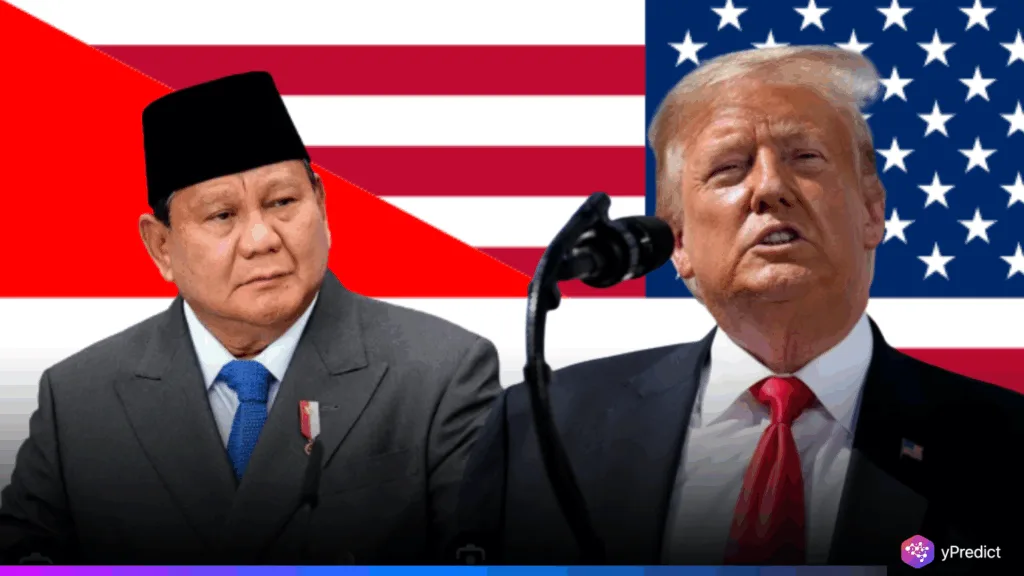
Indonesia may soon benefit from the United States implementing a zero-tariff policy on several key exports. This covers cocoa, rubber, and palm oil. Additionally, the action might alter global market dynamics and forex flows. Markets and traders are keeping a close eye on it. Policymakers and producers in Indonesia have advocated for duty relief. Therefore, this action could improve competitiveness and lower export costs if it is approved.
How Zero Tariff Policy Impacts US Tariffs
US officials are considering implementing a new zero tariff policy on palm oil, cocoa, and rubber products. The initiative aims to lower inflation and secure supplies. As a result, the value of emerging-market currencies on the forex market, such as the Indonesian rupiah, may increase.
Additionally, fewer export restrictions could lessen trade disparities. Analysts say stronger palm oil exports could support the rupiah. This could lead to a shift in investor sentiment in forex trading.
Cocoa Exports May Surge After US Tariffs Cut
Indonesian cocoa producers stand to benefit from lower tariffs. Reduced tariffs might increase the amount of cocoa shipped to the US. Thus, this could improve foreign exchange reserves and draw in foreign investment.
Exporters claim that having less expensive access could help them land bigger contracts. The Indonesian economy may benefit from higher cocoa revenue as well. Additionally, this boost might help maintain the stability of the forex market.
Rubber Exports Likely To Gain After Tariff Cuts
Reduced tariffs might boost US rubber exports. Future rubber prices may increase due to rising global demand. Additionally, bullish signals for rubber prices were visible to commodity traders. The natural rubber industry in Indonesia might draw in more capital. Thus, this could increase its export market and foreign exchange inflows. The outlook improves when palm oil and cocoa benefits are added.
Will Indonesian Commodities Thrive In This New Era?
Indonesia’s export industries might prosper if a zero tariff policy is implemented. Policymakers anticipate increased investor confidence and trade flows. This could improve global trade connections and foreign exchange inflows. Over time, more robust exports could help maintain currency stability. Furthermore, Indonesia might grow in importance as a link in global commodity chains.
Currency traders may later examine their holdings in emerging markets. The demand for agricultural commodities may increase if the United States removes duties. This could promote Indonesia’s overall economic recovery. Long-term investors may interpret the move as a sign of stability. Thus, as trade friction decreases, global forex volatility may decrease.
Zero Tariff Policy Signals Strong Trade Opportunities Ahead
An important turning point for Indonesian exporters is the US’s anticipated adoption of a zero tariff policy. The producers of rubber, palm oil, and cocoa will profit. Additionally, the action might strengthen the rupiah, increase foreign exchange inflows, and improve rubber exports.
Currency markets might be happy to see stronger commodity flows and fewer trade restrictions. Overall, this development appears to benefit Indonesia’s trade profile and global forex market stability.







